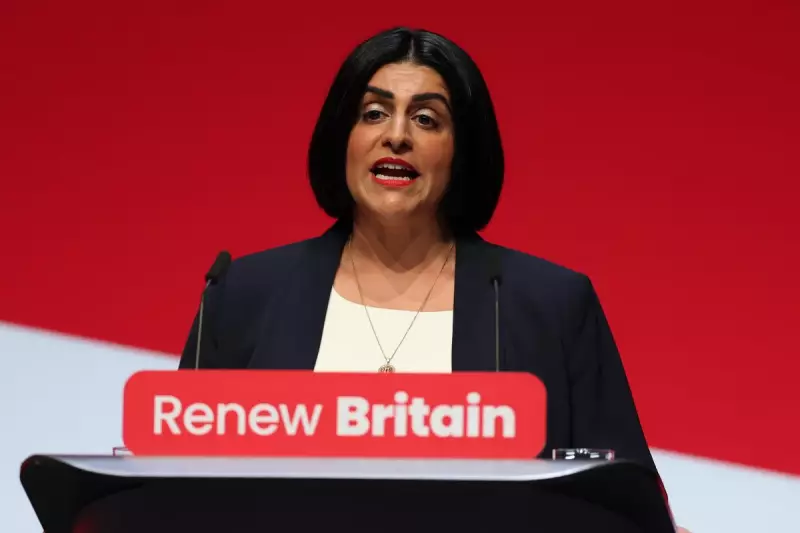
Nigel Farage's Reform UK party has ignited a fresh political firestorm with its controversial proposal to impose a special tax on migrant workers to bolster National Health Service funding. The policy announcement has drawn immediate condemnation from Labour's Shadow Justice Secretary, who branded the move as "deeply cynical" and divisive.
The Reform UK Proposal
Under Reform UK's radical new plan, migrant workers arriving in Britain would face additional taxation specifically earmarked for NHS services. Party leader Nigel Farage argues this approach would ensure new arrivals contribute fairly to the healthcare system they immediately gain access to upon entering the country.
Labour's Fierce Opposition
Shabana Mahmood, Labour's Shadow Justice Secretary, didn't mince words in her response to the proposal. The Birmingham Ladywood MP accused Reform UK of deploying "the oldest trick in the book" by creating division and scapegoating migrant communities for systemic issues within the NHS.
"This policy isn't about sensible solutions," Mahmood stated. "It's about exploiting legitimate public concerns about NHS funding to push a deeply cynical and divisive agenda that pits communities against each other."
Broader Political Implications
The clash comes amid heightened political tensions around immigration and public service funding in the lead-up to potential general elections. Reform UK's positioning on immigration continues to challenge traditional Conservative Party territory, while Labour seeks to maintain its focus on systemic reform rather than targeted migrant policies.
Mahmood emphasized that proper NHS funding should come from comprehensive economic planning and closing tax loopholes, rather than what she characterized as "singling out one group for special treatment."
Growing Debate Over Immigration and Public Services
The exchange highlights the ongoing political battle over how Britain should manage immigration while maintaining quality public services. With NHS waiting lists and funding pressures remaining key voter concerns, parties are positioning themselves on starkly different paths toward solutions.
As the debate intensifies, both sides appear to be digging in for a prolonged political conflict over one of Britain's most cherished institutions and one of its most contentious political issues.






